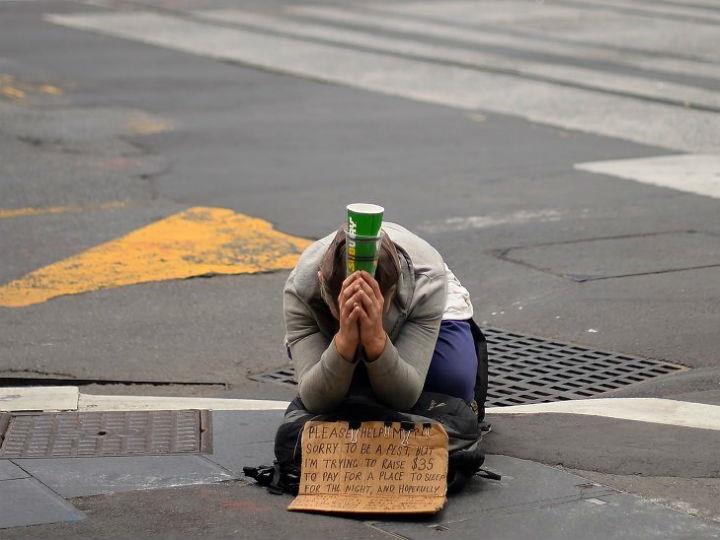In a draft resolution adopted with 33 votes in favour, the Committee on Petitions (PETI) expresses deep concerns over the situation of more than 4 million homeless Europeans as the ongoing COVID-19 crisis puts more people out of jobs and makes them more dependent on social protection.
Homelessness and housing exclusion are a social problem that should be permanently solved, stress MEPs, adding that decent housing and being part of society is crucial for allowing people to realise their full potential and to contribute to society.
Ending homelessness at EU level
The draft text recalls that housing is a fundamental human right of all people and calls on the EU and member states to set a goal to end homelessness at EU level by 2030. Homelessness is identified as one of the most severe forms of poverty and deprivation that needs to be abolished in a sustainable manner that takes personal and structural risk factors (such as housing and employment) into account, explain MEPs.
The European Commission should take stronger action to support member states in reducing and eradicating homelessness, continue to mobilise funding and put forward an EU Framework for National Homelessness Strategies. The committee also calls for a common framework definition and coherent indicators on homelessness, which would help to better understand and assess the extent of the situation, as well as stronger data collection mechanisms.
Supporting and reintegrating homeless people
Additional recommendations to member states, include:
-assuming primary responsibility in tackling homelessness and working on prevention and early -intervention; exchanging best practices with other member states;
-providing equal access to public services such as health care, education and social services;
-supporting labour market integration via specialised measures, training and targeted schemes;
-implementing long-term, community-based, housing-led, integrated national homelessness strategies;
-decriminalising homelessness;
-providing financial assistance to NGOs and supporting local authorities to secure safe spaces for the homeless and preventing evictions;
-providing constant and continuous access to emergency shelters, as temporary solutions;
-promoting social entrepreneurship and self-innovation activities to improve active inclusion.
Background
The Committee on Petitions has received multiple petitions sounding the alarm over the situation of more than 4 million homeless Europeans and an alleged 70% increase of homeless people across the EU over the last 10 years. Such increases are due to a combination of factors related to rising housing costs, economic crisis, reduction of social protection and inadequate policies.
Reports on the impact of the COVID-19 crisis on the affordability of housing in the EU indicate that economic recession and loss of jobs and income may further increase the housing cost and homelessness rates in Europe.
*Source: European Parliament




 By: N. Peter Kramer
By: N. Peter Kramer
